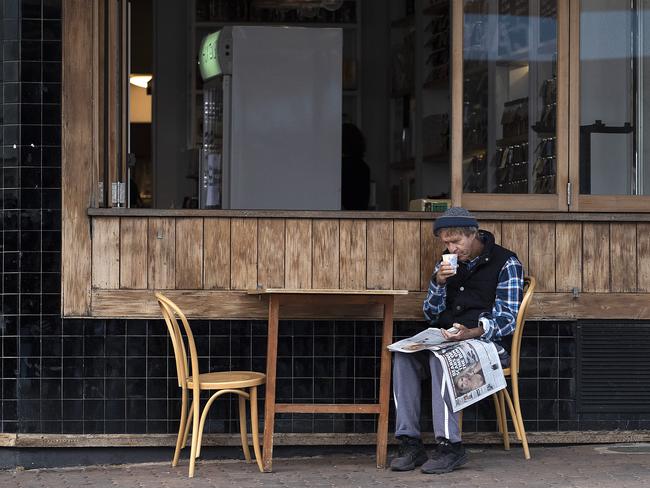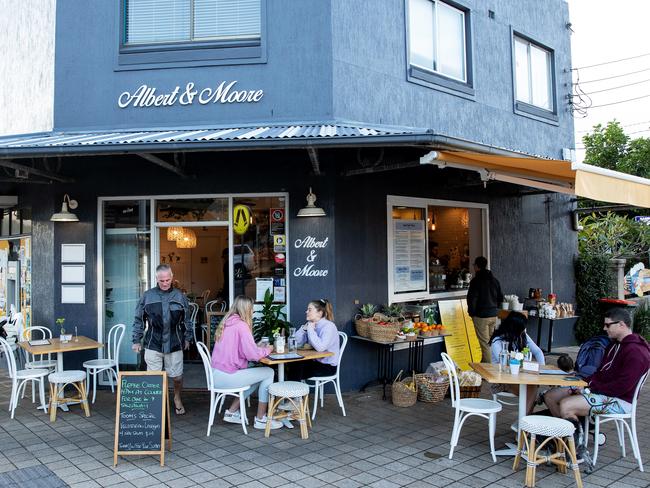One in four restaurants and cafes closed during coronavirus lockdown in Australia will not reopen
While many cafes and restaurants got creative to tackle the coronavirus lockdown in Australia, one in four that shut down will never reopen.
Coronavirus
Don't miss out on the headlines from Coronavirus. Followed categories will be added to My News.
One in four cafes and restaurants that shut their doors during the COVID-19 crisis will not reopen them again, according to the industry’s peak body
Wes Lambert, CEO of the Restaurant and Catering Industry Association believes that while many businesses have been innovative and successful in dealing with the challenges of the coronavirus epidemic, many simply won’t recover from the devastation wrought by the outbreak.
“Hospitality and tourism more broadly has been hardest hit by this crisis,” Mr Lambert said.

“Sadly we expect thousands of hospitality businesses to close due to this crisis but we are optimistic for the future. Our advice has been that it’s better to stay open for takeaway and delivery, to keep contact with your customers and community, than to try and shut and re-open on the other side. Once those doors close more often than not they close for good.
“So many businesses have been super innovative in offering pantries, groceries and takeaway alcohol as well to help them stay afloat. It’s important those changes remain into the future to help them stay alive.”
Mr Lambert said he expected “75 per cent of business to survive this”. But that government help through JobKeeper, BAS cash boosts and changes to fringe benefits tax, GST and capital gains tax would be crucial to that.
“We’ve been concerned by calls from some to end the JobKeeper scheme early, but there hasn’t been anywhere near the expected number of take-ups in our sector,” he said.

“Only 50 per cent of the accommodation and food service sector has signed up. We believe there is a strong case to narrow the scope of JobKeeper, i.e. exclude some industries that have been reopened, and extend the program for the hardest hit sectors until domestic and international tourism restart again.”
Mr Lambert pinpointed the type of food service businesses that will likely battle to recover from the shutdown.
“There are definitely some businesses models that will struggle to adapt to a post-COVID-19 world, including buffets, banquets, yum cha, sushi train and teppanyaki to name a few,” he said.
“We’re really pushing hard for a timeline from the National Cabinet on when gatherings of greater than 100 people can be considered, to help give these businesses some certainty of when they could likely reopen. However, until domestic and international tourism returns it will be hard for them to return to any sort of normal.”

However Mr Lambert moved to assure the many Australians, especially young Australians, who had lost their jobs as a result of the lockdown, that employment will come back as the states and territories move into the latter stages of Prime Minister Scott Morrison’s exit plan.
“Our sector is one of the highest employers of young people in the country, and they are a really important part of our workforce,” he said.
“Recent data showed one in three people lost their jobs across our wider industry due to COVID-19. But as businesses begin to reopen and as we move into stage two and three, where more than 10 people can gather indoors, I’m sure jobs will begin to come back.
“In the meantime JobKeeper and JobSeeker will help bridge that gap.”
